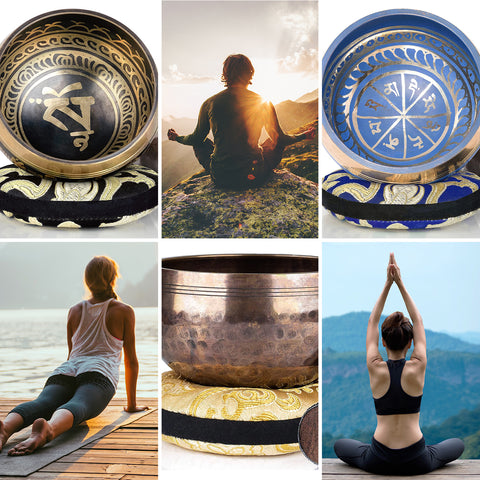Minimalism experienced a big boom years ago, but the first month of a new year always brings the topic right back. After all, nothing says “new year, new me” like completely stripping yourself of your external identity and committing yourself to a fresh, shiny, Zen-like existence.
Is minimalism right for you? It won’t make you a better person, but many people get huge benefits from it. If you’re thinking of taking a minimalist approach to 2021, just make sure these three minimalist myths aren’t the reason why.
You think minimalism is an achievement.
Should you be so proud of paring down your possessions? Absolutely, but minimalism isn’t a thing you accomplish and win at, because it’s always a work in progress.
Think about your meditation practice. You don’t meditate every day for a few months, reap the rewards, and quit. You have to keep at it. The results won’t always come. You’ll lapse into old ways.
The same thing happens with minimalism. You have to revisit the same areas again and again. Like mindfulness, meditation, yoga, general fitness, or anything else worth sticking to, you have to be willing to fail, let go, and come back.
You think throwing all of your stuff away is minimalism.
You watched a whole bunch of home organization shows during quarantine and decided on minimalism. However, minimalism isn’t all about organization and decluttering. It’s a total lifestyle, a daily state of mind.
Mindfulness and intention are huge guiding principles in a minimalist lifestyle. Think about what you consume in an average week, and we’re not just talking about your diet. The media that influences you, the odds and ends you feel compelled to buy, the time you spend in relationships, on social media, and at work that just isn’t satisfying.
By being mindful of where we’re being steered and what our daily actions do for (or to) us, minimalism shows us the value in quality over quantity. That way, we make meaningful changes and take intentional actions that truly serve us.
You think there are hard rules to being a minimalist.
Consider what we just went over in the last point. Minimalism is a lifestyle that asks us to question our modern lives, what we are expected to buy, and who we are “supposed” to be. These traps are also present in minimalist influencer culture.
If you want to try minimalism, you don’t need to commit to someone else’s aesthetic. You don’t need to dress and decorate strictly in neutrals. In fact, you don’t need to keep every single area of your life minimal to get big life benefits from minimalism.
For example, if you love to cook and bake, you can still practice minimalism without giving away all of your kitchen gadgets. If you want to stop buying and consuming so much, but knitting is your favorite hobby, you don’t have to donate all of your yarn stash. If you want to build a capsule wardrobe but love shoes more than anything, you can change your approach to clothing without getting rid of your shoe collection.
You get the idea. Just as your targeted social media experience will pressure you on what purchases to make, aesthetic minimalism culture will tell you what a minimalist is supposed to look like. And it’s just not true.
For example, there are many minimalists on the Silent Mind team. We’d never dream of “decluttering” our singing bowl collection. In fact, we scale back on other stuff to accommodate our sound therapy tools, because those tools are what contributes to a higher-quality existence. If something heals and empowers you, let minimalism make room for more of it.
What do you think about minimalism? Share your point of view in the comments.
Need help on your next singing bowl purchase.
Take our Interactive Singing Bowl Selector and find the PERFECT bowl for you!







Leave a comment